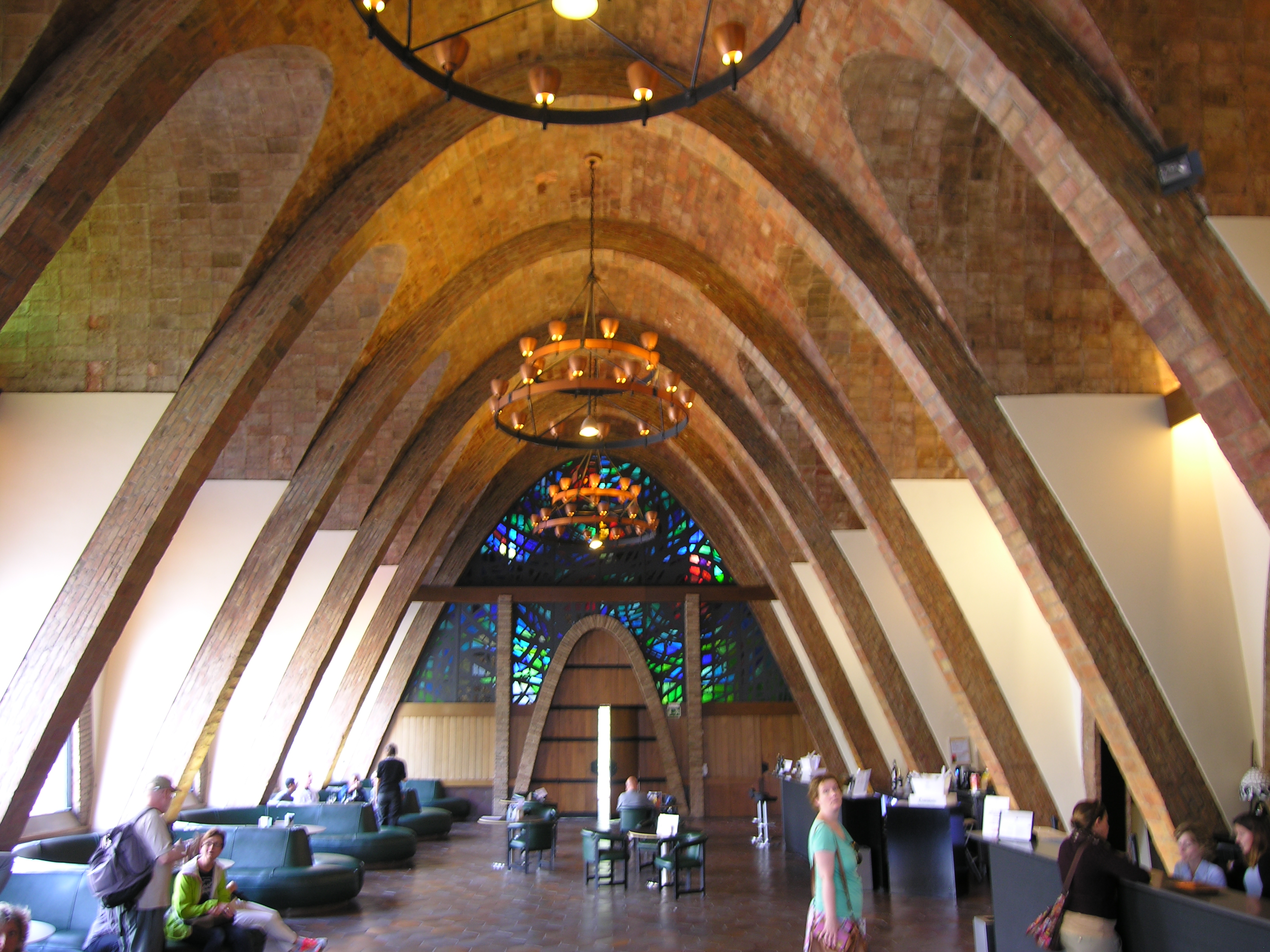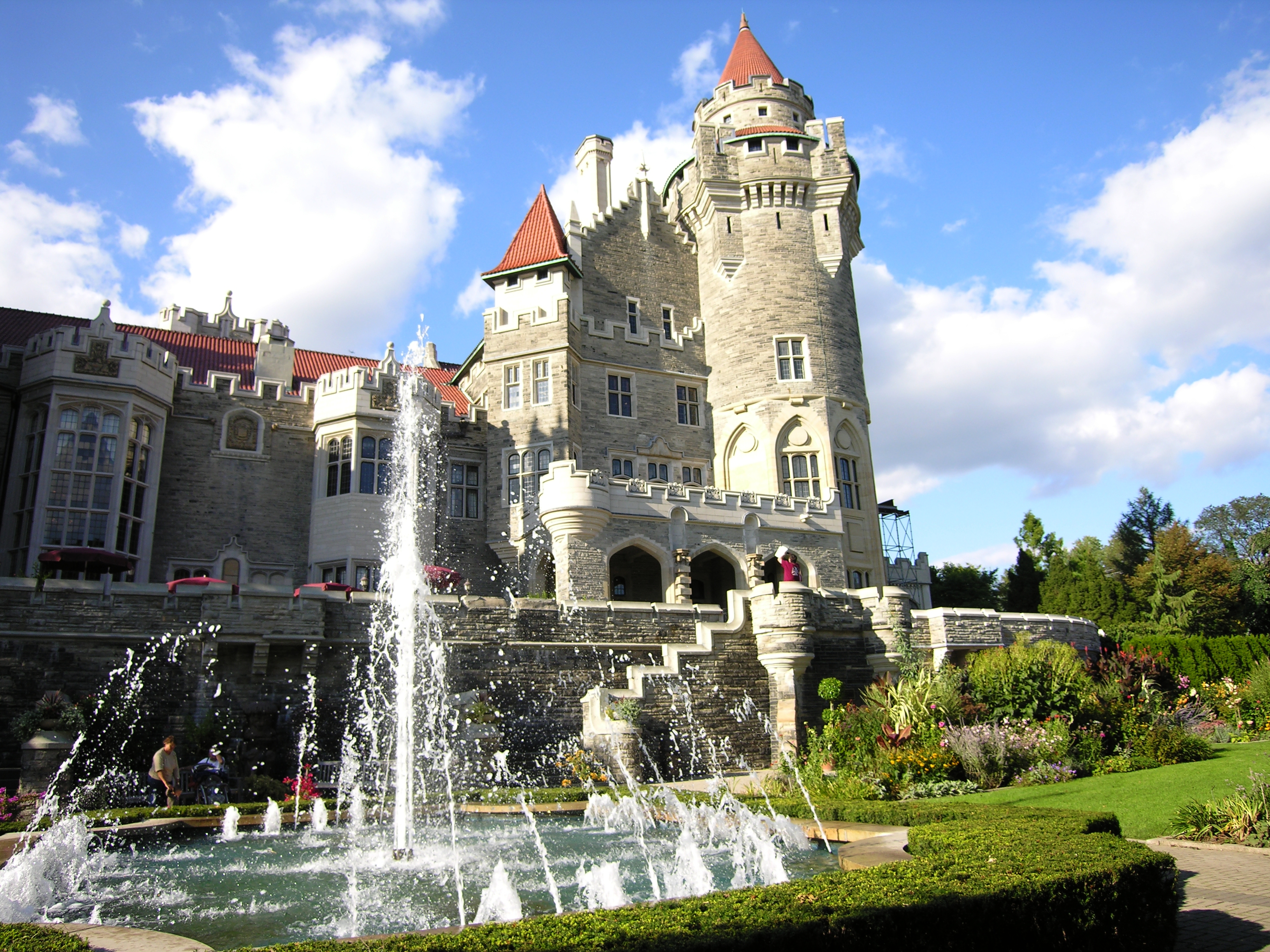Recently, Jamie Bartlett posted an excellent analysis of the probability of the return of the nation state of the future of the planet. If only to have so many ‘of the’s in a row.
Yes another one on the future of nation-states, now not from a bottom-up perspective but from an overall view.
The case is strong in that piece. But then, I had been having recurring … thoughts, about the evaporation of the legitimacy of the nation-state as well. Where my subconscious hinted, it was no clearer, that there was, and certainly is, a place in the discussions for on the one hand, Bruce Schneier’s ideas about sizes of societies and the rules one would need to organise them (which may read like a circular argument, I know), and on the other, various well-received (e.g., this) and hardly rejectable works on how we still roam the savannahs of today – at least in mind when operating in myriads of Sloterdijk’ian spheres (op.cit. in particular pp. 408–). And how e.g., cosmo- and anthropogenesis in religious books can be interpreted both as a coming of age of the well-developed human and ditto mind(s), indeed including the formation of societies and their rationale(s).
By which I mean that somehow, we indeed still have many traces of hunter-gatherer ethics deep down in our systems, now with a varnish of ‘development’ (quod non) into farmer/city-centered civilians, currently being thrusted in (evolutionary) asymptotically zero time past neoliberal capitalist/consumerist ego-only’ism into the frenzy of ‘tomorrow’ i.e., the post-singularity ASI age.
Shouldn’t we try to figure out some model of societal organisation that takes into account our heritage, and now that “we” have become sophisticated enough thinkers to finally see (macro-mass introspection-like) how we meddled along in the past from attempt to attempt, we now are also sophisticated enough to design our own macro-history future ..?
OK, that’s deep. In a way. In another:
 [Whatever. This is what society wants … bread and circuses (squares?); NY]
[Whatever. This is what society wants … bread and circuses (squares?); NY]













